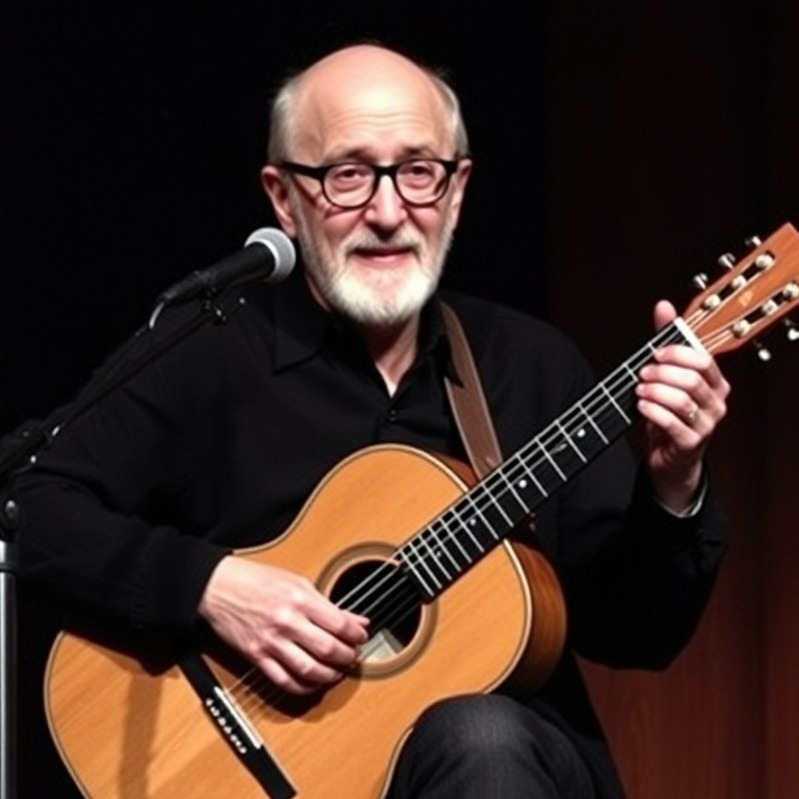
The Iconic Journey of Peter Yarrow
Peter Yarrow, renowned as part of the legendary folk trio Peter, Paul, and Mary, has passed away at age 86 due to bladder cancer. His sound and influence, marked by songs like "Puff, the Magic Dragon" and "The Great Mandella," have left an indelible mark on American music. Yarrow's creative contribution flourished during the 1960s folk revival, solidifying the trio's place as both musical icons and active participants in historical movements.
Political Influence Through Music
Yarrow and his fellow band members were not just artists; they were voices for change. Highlighting social issues, their songs became anthems during pivotal events, including the March on Washington in 1963 where they performed "Blowin’ in the Wind," aligning themselves with the civil rights movement. Yarrow's lyrical storytelling, embedded with messages of hope and protest, resonated with generations seeking progress and equality.
Controversial Chapters and Public Perception
Despite his musical contributions, Yarrow's legacy is also colored by personal controversies. In 1970, Yarrow faced legal troubles when charged with "taking indecent liberties with a minor," a charge that led to a pardon by President Jimmy Carter in 1981. The pardon remains one of the few of its kind in U.S. history and has drawn renewed attention in recent years, especially after the festival cancellation in 2019 due to the resurfacing of this case. Yarrow himself expressed deep regret, acknowledging the impact of his actions.
Historical Context and Background
Born to Ukrainian-Jewish immigrants, Yarrow's early life in Providence, Rhode Island, and education at Cornell University shaped his artistic direction. His exposure to folk music during university propelled his professional career, leading to the formation of Peter, Paul, and Mary. Their music not only defined an era but also served as an auditory backdrop to a time of transformative cultural and political shifts in America.
Future Predictions and Trends
The influence of Peter, Paul, and Mary continues to inspire modern musicians. As contemporary artists navigate the power of music in societal change, the legacy of Yarrow’s work exemplifies how art can intertwine with advocacy. As technology evolves and music becomes increasingly accessible globally, the trend of using music for political commentary and activism is likely to grow, ensuring voices like Yarrow's echo across future generations.
 Add Row
Add Row  Add
Add 




Write A Comment